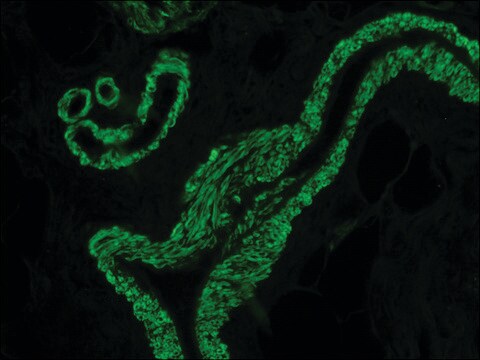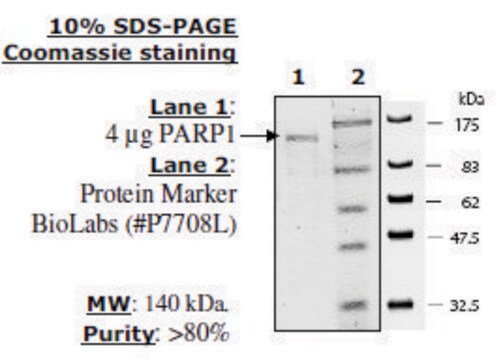F5807
FIPI hydrochloride hydrate
≥98% (HPLC), powder
동의어(들):
4-Fluoro-N-(2-(4-(5-fluoro-1H-indol-1-yl)piperidin-1-yl)ethyl)benzamide, 5-Fluoro-2-indolyl des-chlorohalopemide hydrochloride hydrate
About This Item
추천 제품
Quality Level
분석
≥98% (HPLC)
형태
powder
저장 조건
desiccated
색상
off-white
solubility
DMSO: >20 mg/mL
저장 온도
2-8°C
SMILES string
O.Cl.Fc1ccc2[nH]c(cc2c1)C(=O)NCCN3CCC(CC3)N4C(=O)Nc5ccccc45
InChI
1S/C23H24FN5O2.ClH.H2O/c24-16-5-6-18-15(13-16)14-20(26-18)22(30)25-9-12-28-10-7-17(8-11-28)29-21-4-2-1-3-19(21)27-23(29)31;;/h1-6,13-14,17,26H,7-12H2,(H,25,30)(H,27,31);1H;1H2
InChI key
ZORDQKCXPCXYKL-UHFFFAOYSA-N
애플리케이션
생화학적/생리학적 작용
신호어
Warning
유해 및 위험 성명서
Hazard Classifications
Eye Irrit. 2 - Skin Irrit. 2 - STOT SE 3
표적 기관
Respiratory system
Storage Class Code
11 - Combustible Solids
WGK
WGK 3
Flash Point (°F)
Not applicable
Flash Point (°C)
Not applicable
시험 성적서(COA)
제품의 로트/배치 번호를 입력하여 시험 성적서(COA)을 검색하십시오. 로트 및 배치 번호는 제품 라벨에 있는 ‘로트’ 또는 ‘배치’라는 용어 뒤에서 찾을 수 있습니다.
자사의 과학자팀은 생명 과학, 재료 과학, 화학 합성, 크로마토그래피, 분석 및 기타 많은 영역을 포함한 모든 과학 분야에 경험이 있습니다..
고객지원팀으로 연락바랍니다.






